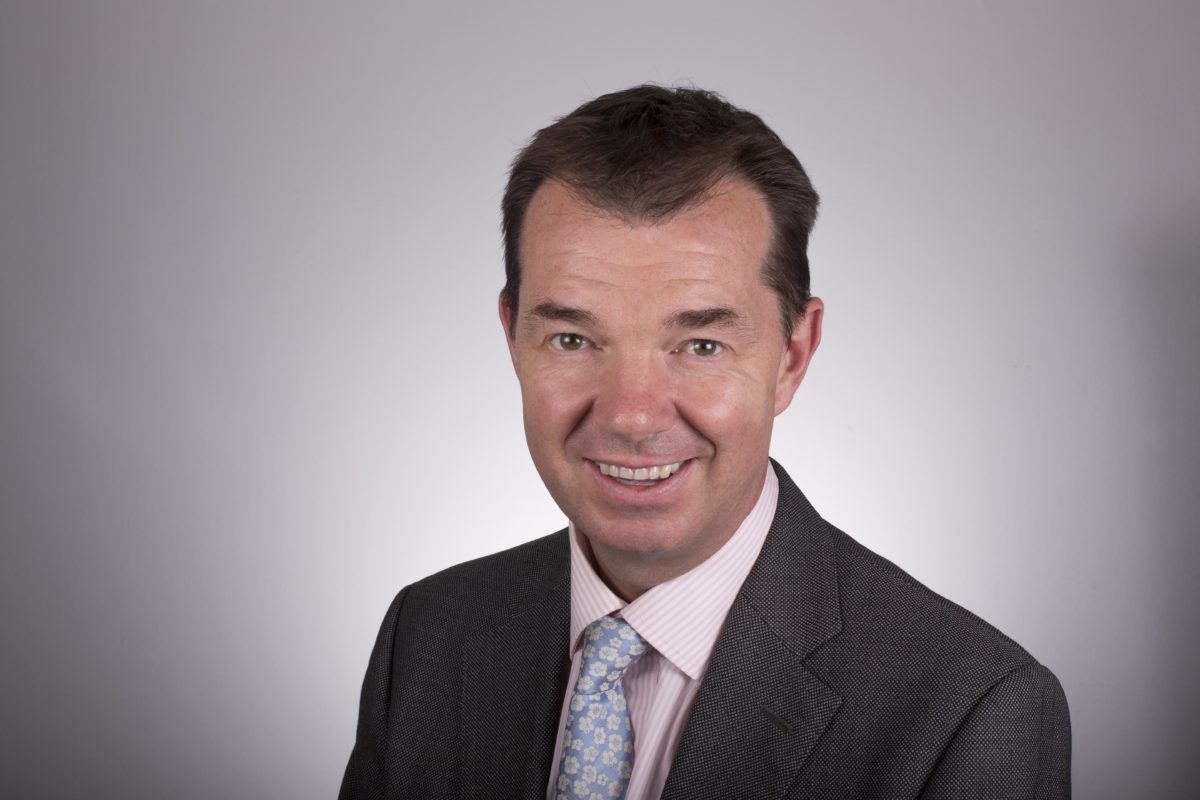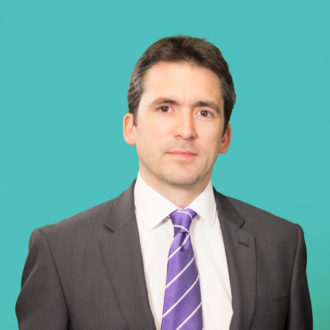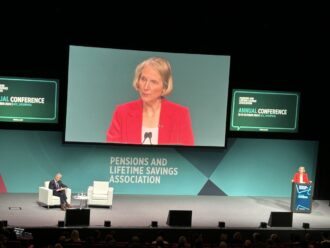It’s been a month of change for the British public. Within days of Liz Truss becoming prime minister, the public welcomed a new head of State in King Charles III. Changes are also afoot in the pensions industry, with Guy Opperman departing as pensions minister. While at the time of writing his successor has not been announced, the combination of rising inflation and the cost-of-living-crisis mean that whoever the chosen one is, they will have their work cut out.
The government has already confirmed Chloe Smith as Secretary of State for Work & Pensions, replacing Thérèse Coffey, who moves to health and social care as well as being appointed deputy prime minister. The Department for Work & Pensions (DWP) has also confirmed the appointment of two Parliamentary Under Secretaries of State, Alex Burghart and Claire Coutinho. Speculation is now rife as to who will replace Guy Opperman but a spokesperson for the DWP stressed that their portfolios had not yet been formally confirmed.
Opperman served as Parliamentary Under Secretary of State at the DWP since 2017, making him the longest serving pensions minister to date. His key achievement is the introduction of the Pensions Act, which first started off as the Pension Schemes Bill in 2019 and involves the introduction of the Pensions Dashboard, outlines a trajectory for the introduction of CDC schemes and new funding rules for defined benefit schemes, though the implementation of these changes is slow to come off the mark.
David Brooks, technical director at independent consultancy Broadstone, said of his legacy: “Guy had some big issues to get moving to change the UK pensions landscape and his frustration came out towards the end with the glacial progress of a leviathan like industry. ESG, ongoing digitisation and rise in professionalisation will be some of the big ticket items for his successor to take forward.”
For asset owners, the key topics that might affect their investment strategy are the ongoing discussions on collective defined contribution (CDC) schemes and the defined benefit funding code.
The introduction of CDC was initially intended to address the funding challenges in defined benefit schemes but with only Royal Mail having taken up the introduction of a CDC scheme. This leaves the rapidly growing defined contribution (DC) market as a potential growth area. The challenge here will be that DC schemes tend to have a more equity-heavy strategy and pooling the risks and returns of these portfolios could expose members to significant volatility.
On the defined benefit funding code, the new pensions minister will take over in the midst of an ongoing consultation about defined benefit funding rules which is set to close in mid-October.
Previously, policymakers and the regulator have come in the firing line for their emphasis on de-risking and been accused of contributing to the premature closure of DB schemes. This topic will be explored in further detail in the October issue of portfolio institutional.
In either case, the new team of policymakers at the helm of the DWP will have to tread a careful balance between not coming across as too prescriptive on scheme’s investment strategy whilst also ensuring that member benefits are not exposed to undue risks.





Comments